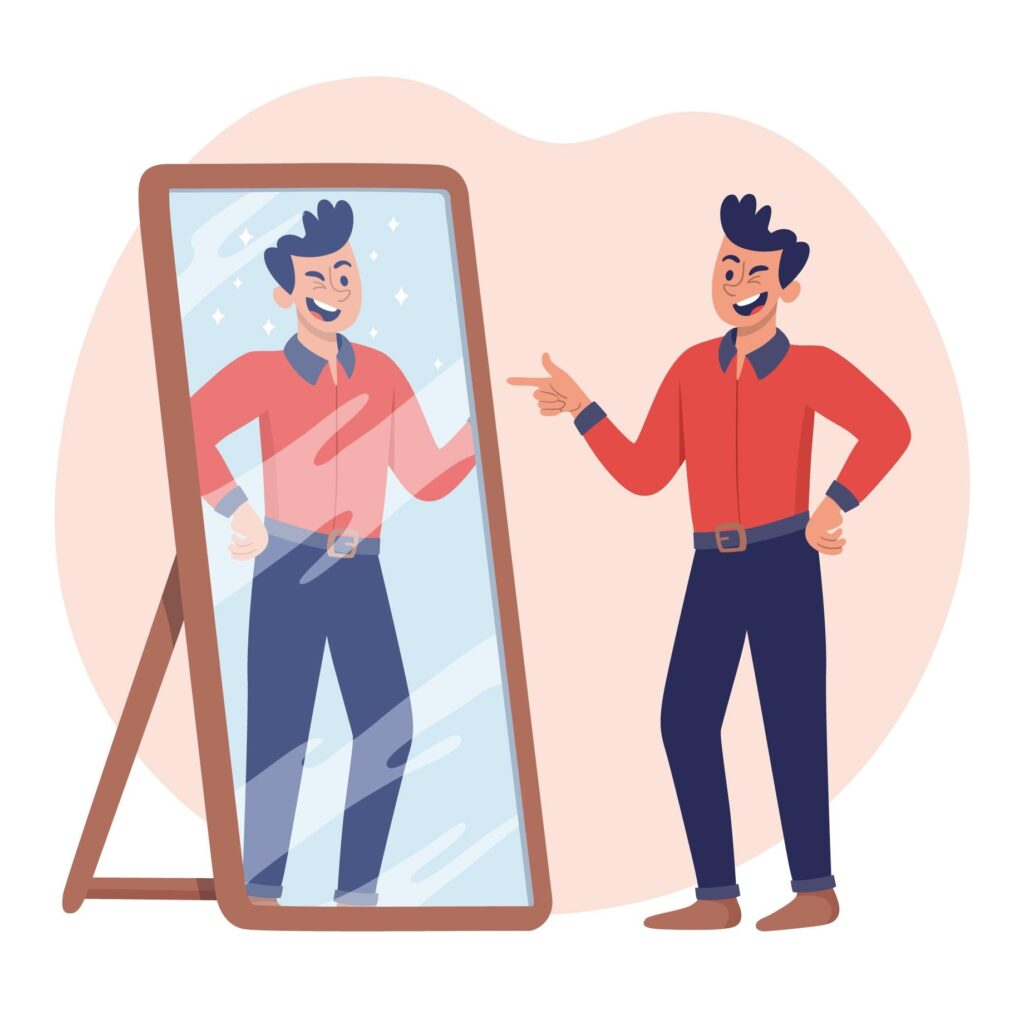Ego Psychology : The Twisted History of Your Ego
Freud coined Ego as a healthy tool to keep us emotionally balanced.
Here’s how to embrace and benefit from his well-intentions.
Sigmund Freud coined “Ego” as part of his overall psychoanalytic theory of personality nearly 100 years ago. Ego was intended as a way to describe a kind of healthy teeter-totter fulcrum within the psyche.
Freud envisioned ego as a helpful reference point: a balancing perspective for the opposing behavioral extremes of Superego and Id. Freud’s patients used their egos to become more self-aware. It was a conscious way to help them regulate the extremes of rigid morality and animal instinct; emotional repression or behavioral reactivity.
The Ego Gets a Bad Rap
Unfortunately, history has twisted Freud’s original intent, and this helpful tool has been buried under bad publicity. Today’s popular view wraps Ego with a negative connotation. We deem egotistical personalities as judgmental or self-righteous, individuals obsessed with posturing, proving, and score-keeping. We also define people with oppositional personalities as Egoists that are “full of themselves.”
Ironically, ego’s modern usage more closely describes the self-involved spectrum extremes of Freud’s original model – the Superego and Id.
Superego Issues
According to the Miriam Webster dictionary, the superego “represents (an) internalization of parental conscience and the rules of society, and functions to reward and punish through a system of moral attitudes, conscience, and a sense of guilt.”
Over the years, people have knocked on my clinical door after achieving recognition and material success. They have played well by society’s rules, pursuing personal happiness through a fervor for family, community, and even world endorsement.
However, despite being admired and awarded, many do-gooders are bewildered, dissatisfied, and relentlessly hard on themselves. They have little awareness of an individuality separate from their endorsable actions – they “are what they do.”
Amidst all their line-toeing and rule-following, these overachievers have never fully developed a sense of themselves and, therefore, can never be personally satisfied.
The Id Excuse
Avoiding responsibility at all costs is a characteristic of id-centric personalities. These individuals justify away life’s consequences, behaving irresponsibly, and then spinning narratives about how society misunderstands their intentions. Instead of admitting and learning from their behavioral missteps, they deem themselves Rebels or victims of circumstance.
Closer to reality, the id response is an emotional compensation for low self-esteem. Id-centric individuals unconsciously feel that showing up and giving it their all is just too terrifying. They fear falling short of their goals and intentions, so they adopt cynicism and shrug-off responsibilities as ways to avoid facing problems.
They “are not what they do,” choosing to blame a rigged system as an unhealthy way to manage their anxieties. This perspective perpetuates struggle. Life becomes a never-ending cycle of challenging clutter because these personalities never take stock emotionally clean up after themselves. What develops is an extreme lack of caring – for others, societal norms, and even themselves. These are the underachievers of the world.
Adopting an Old School Ego
Setting ourselves apart through perfectionism or victimization puts wellbeing out of our reach. Emotional security is an internal, not external, process. To emotionally thrive, we must use our inner-compasses and self-centers – our “old school egos” – to gauge and maintain authentic happiness and emotional balance.
Adopt the perspective that your worth is never in question: Attend to your daily activities, not through proving or blaming, but with a sense of presence and possibility. Then, consciously choose to manage life’s ebbs and flows as Freud originally intended – through the balance found in a healthier version of Ego.

